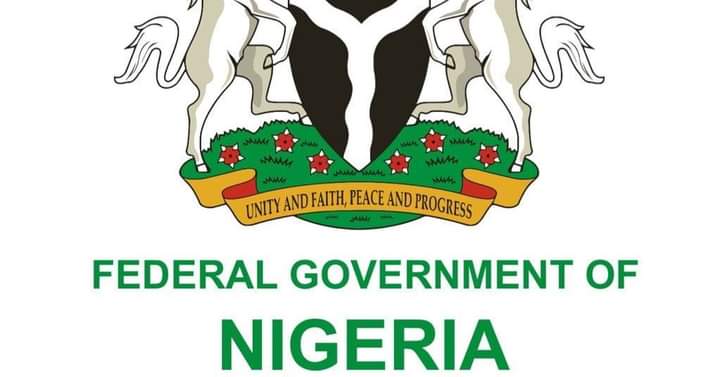Projections show Nigeria’s external debt could exceed $45bn by the end of 2024. Read about the potential impact on the nation’s economy.
There are signs of an impending debt crisis in Nigeria, with projections indicating that the nation’s external debt could reach $45.1 billion by the close of 2024.
This situation arises as the Federal Government seeks to obtain further external financing.
According to a report from the Debt Management Office (DMO), Nigeria’s external debt rose by $780 million in the second quarter of 2024, climbing from $42.12 billion in March to $42.9 billion by June.
Recently, the Federal Executive Council (FEC) sanctioned a $2.2 billion external borrowing initiative as part of the financing strategy for the 2024 Appropriation Act.
During a briefing following the FEC meeting, Finance Minister Wale Edun explained that this plan includes Eurobond and Sukuk offerings, amounting to $1.7 billion and $500 million, respectively.
He noted that Nigeria’s access to the international capital market reflects a favorable reception of President Bola Ahmed Tinubu’s economic reforms.
With this new borrowing, the external debt is anticipated to hit $45.1 billion by the end of 2024.
However, this borrowing strategy coincides with Nigeria’s expenditure of $3.58 billion on foreign debt servicing in the first nine months of 2024, marking a 39.77 percent increase from the $2.56 billion spent during the same timeframe in 2023, as reported by the Central Bank of Nigeria.
Additionally, the DMO indicated in October 2024 that Nigeria’s total debt stock had surged to N134.3 trillion by the end of June 2024.
In response to the escalating debt situation, Muda Yusuf, Director of the Centre for the Promotion of Private Enterprise (CPPE), expressed concerns regarding the growing debt burden, highlighting inadequate revenue generation and persistent infrastructure deficits as significant issues.
Peoplesmind


